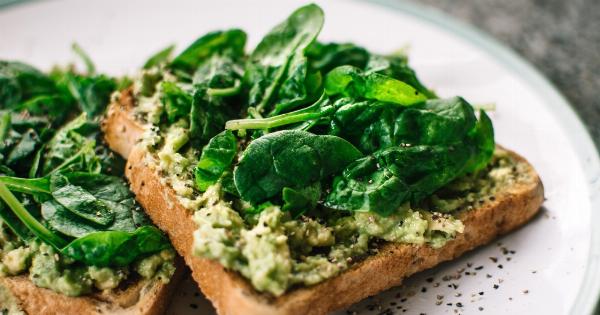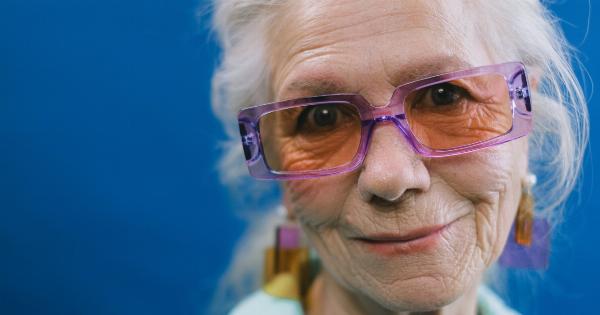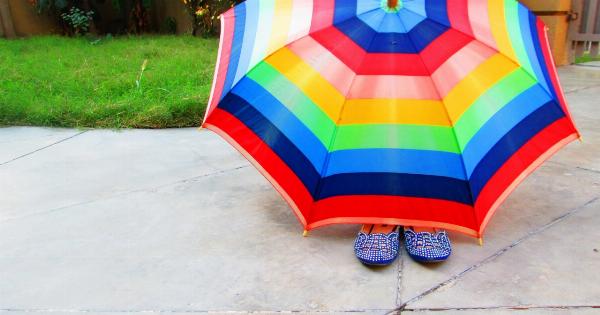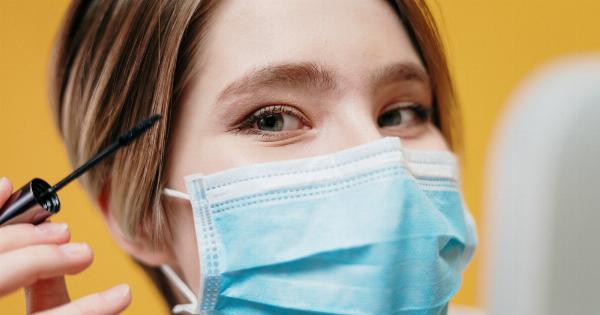Our skin serves as a protective layer against various external factors that can harm our bodies. But our skin is not invincible. There are several factors that can damage our skin, making it look dull, tired, and aged.
In this article, we will look at the 7 “menacing” antagonists of the skin and explain how they can affect your skin’s health and appearance.
UV Rays
UV rays emitted by the sun can be harmful to our skin. When our skin is exposed to the sun, it triggers the production of melanin, which darkens the skin.
But prolonged exposure to UV rays can lead to damage that can cause wrinkles, age spots, and even skin cancer. It is crucial to wear sunscreen with an SPF of at least 30 to protect our skin from the sun’s harmful UV rays. Also, try to avoid direct sunlight during peak hours between 10 am to 4 pm.
Smoking
Smoking is harmful not only to your lungs but also to your skin. Smoking narrows the blood vessels in your skin, which reduces blood flow, depriving your skin of oxygen and essential nutrients.
This lack of oxygen and nutrients can cause wrinkles and damage elastin and collagen, which are fibers that keep the skin firm and supple. Smoking can also cause skin discoloration and increase the risk of skin cancer. Quitting smoking is the best thing you can do to improve your skin’s health and appearance.
Pollution
Living in a polluted area can be harmful to our skin. Pollutants, such as fine particulate matter and nitrogen oxide, can penetrate the skin’s outer layer and cause damage, resulting in inflammation, premature aging, and even skin cancer.
To prevent the adverse effects of pollution on your skin, try to avoid highly polluted areas and wash your face with gentle cleansers regularly.
Poor Diet
Food is crucial to our overall health, including our skin. A poor diet can lead to various skin problems such as acne, wrinkles, and dull skin.
Foods high in sugar, fat, and processed foods can trigger inflammation, which can damage your skin’s collagen and elastin. Consuming foods rich in antioxidants, such as fruits and vegetables, can keep your skin healthy and glowing. Drinking plenty of water can keep your skin hydrated, reducing the risk of dry and flaky skin.
Stress
Stress can cause physical and psychological changes that can affect our skin. Stress hormones, such as cortisol, can trigger inflammation and break down your skin’s collagen and elastin, causing wrinkles and fine lines.
Stress can also interfere with your sleep, reducing the skin’s ability to repair itself. Managing stress through meditation, yoga, or exercise can help keep your skin healthy and glowing.
Alcohol
Alcohol can dehydrate your skin, making it look dull and tired. Excessive alcohol consumption can also lead to broken blood vessels in the skin, resulting in a flushed appearance.
Alcohol can also interfere with your sleep, reducing your skin’s ability to regenerate and repair itself. Limiting your alcohol intake and drinking plenty of water can keep your skin healthy and vibrant.
Harsh Skincare Products
Using harsh skincare products can strip your skin of its natural oils, leaving it dry and irritated. Some skincare products contain ingredients that can clog your pores, leading to breakouts and acne.
It is crucial to choose skincare products that are gentle on your skin and contain natural and organic ingredients. Avoid products that contain fragrances, alcohol, and harsh chemicals.

























